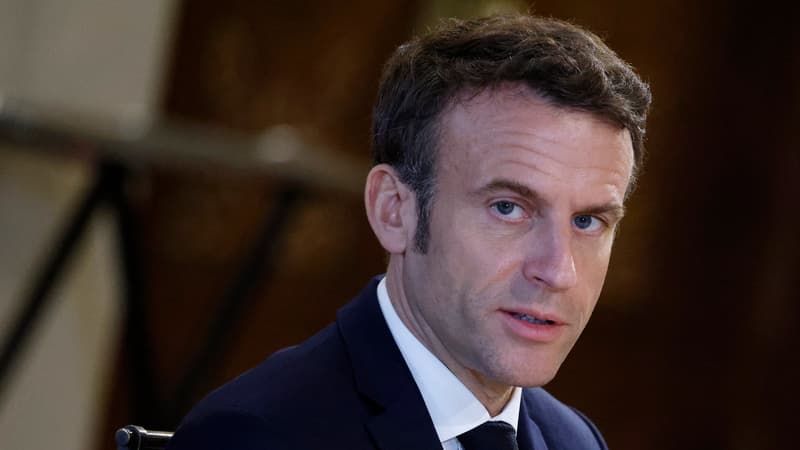A few hours after a Thursday of strikes and demonstrations against the pension reform carried out by the Government of Elisabeth Borne, the head of state is not afraid of a country in flames and blood, according to those close to him.
The president acknowledges the fatigue and concern of the French, but “above all he considers that France is a political nation, full of common sense, which knows that this reform is of interest to young people, to modest retirees,” says one of his advisers. So Emmanuel Macron believes that the people want the country to spin.
And in the face of the opposition, it is not a question for him of establishing a threshold of protesters from which his will to reform would begin.
A “legitimate” mandate
Seven months after the presidential elections, Emmanuel Macron’s entourage insists on the legitimacy of his mandate in the face of disputes. For this, two counterexamples are used. First, 1995 and Jacques Chirac, without a mandate after a campaign on the social gap. In the same way, in 2010, one of his relatives recalls: “Nicolas Sarkozy made a reform that was not announced in his presidential project.”
Emmanuel Macron presents a clear mandate: pension reform was at the top of his program, adding that he does not believe the French will give up seven months after the presidential election.
Regarding the result of the legislative elections, Emmanuel Macron recalls that the French did not impose coexistence on him. “He even thinks that the relative majority at the moment is a good thing, it allows sharing the responsibility,” confesses one of his relatives.
On the trade union side, if you take note of the mandate received by the CGT and CFDT to oppose this reform, you regret that these interlocutors have lost sight of the importance of preserving an intergenerational contract acquired since 1945.
Furthermore, if in his opinion he is harsh with unions that do too much politics, he does not want to acknowledge a personal failure with Laurent Berger, the CFDT general secretary, who had supported his systemic reform project in 2019.
They highlight the financial balance of the new regime
Emmanuel Macron justifies the orientations of this reform in the name of the financial balance of the regime.
The Head of State highlights the coherence of this reform as part of a policy “to create employment and increase the activity rate”, explains the Élysée, which insists on the growing limitations of public finances.
To those opposed to the hundreds of billions spent during “whatever it takes,” the President’s entourage insists on the distinction between protecting jobs that would otherwise have been destroyed, and current spending to pay withdrawals. He proposes “a positive supply shock policy”, says the Élysée, where pensions would be only one piece of the puzzle, with the reform of unemployment insurance, apprenticeships, etc.
Tax retirees or increase contributions? According to his environment, the head of state rejects the “childhood disease” that is the tax, and underlines the risk of breaking the pact forged with pensioners if they were to contribute.
As for the unpopularity of this reform, he acknowledges the difficulty of asking the French to work for two more years. But he said that he assumes the responsibilities of him and what it entails, “particularly the shit”, entrusts him with an advisor.
Source: BFM TV


